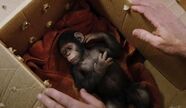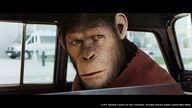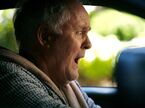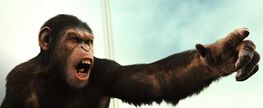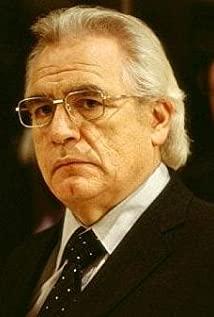Watching this movie again is still shocking. Caesar's "NO" made my heart skip a beat. What happened to the orangutans reflects the dark side of human nature: cruel, ruthless, and mercenary. Humans use them for experiments, imprison them in prisons, feed them pig food, and put immature medicines on the market just for profit. And the protagonist Caesar, the orangutan whose intelligence was improved after being tested on drugs originally used to treat Alzheimer's, reflects the rationality of civilization. This began to manifest when Caesar went to the Red Shirt Forest for the first time: he first endured the confrontation with the pet dog, then roared, and after roaring, he directly followed the owner home, instead of rushing forward to kill him like a lower animal; In the car, Caesar chose to sit in the back of the car instead of being locked in the trunk; when he made a mistake, his attitude of admitting mistakes was sincere, which many humans can't do, and his gesture of asking for forgiveness was more like accepting God's hand to him The symbol of saving the earth from the hands of mankind; the shape of the window frame is missed and worshipped by him as a totem; a carefully planned escape, which caught the brutal human by surprise. This prison break made me reflect: when human science takes a detour, and will do anything for profit, the demise of human beings will also come, whether it is the revenge of the orangutan or the spread of the virus. Natural selection can't go wrong, and the tyrannical and greedy humans are replaced by the united, life-respecting orangutan. This sounded the alarm for the entire human society.
View more about Rise of the Planet of the Apes reviews



